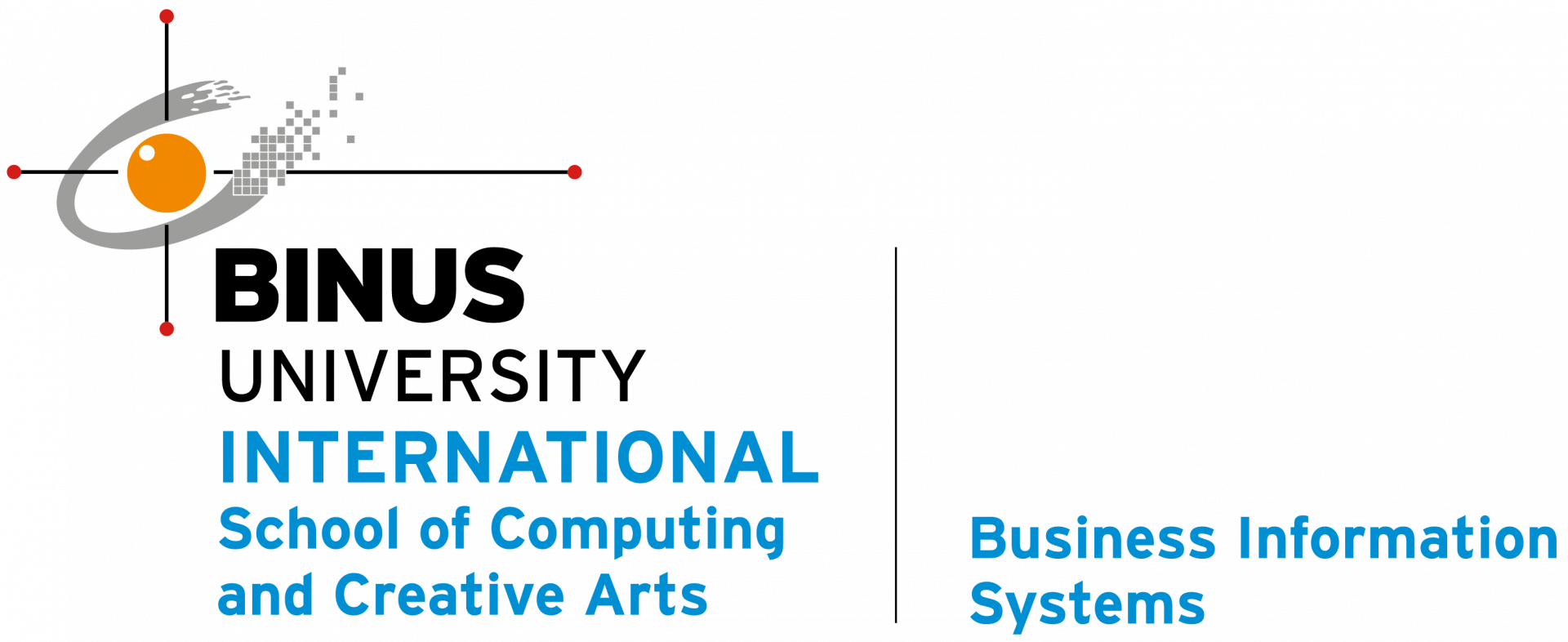Integrating culture in designing groupware applications as contribution to intercultural collaboration technology
Abstract:
Many industries are now dealing with the issue of globalization and emphasized the need of the influence of a global marketplace. Globalization extends computing, information, and communication technologies across an increasing number of cultural boundaries, generating a corresponding need for cross-cultural partnerships. Due to globalization, global virtual teams with members from different cultures are an emerging trend. The use of collaborative projects is increasing and affects users’ approach to work in a collaboration application, so called groupware. Groupware is a collaboration application designed to support the work of groups. It can allow globalized industries and organizations greater coordination of activities, reducing and eliminating time and geography barriers, and speeding the decision making process. Groupware users are influenced by demographic, social, cultural, psychological and contextual factors, which complicate the understanding of groupware use. The different backgrounds of users may cause them to have different expectations and attitudes towards their acceptance of using groupware. In order for a specific technology application to be useful, applying technology appropriately to the needs of its users is very important. Groupware that only determines structures of communication, such as floor control, turn-taking, communication procedures, and so on may disadvantage and discourage people from different cultural communication styles. These factors should be considered by designers when designing such groupware application in order to be successful. A groupware targeted for multicultural users should have a flexible intercultural support which means can adaptively manage the cultural differences of its users. A great attention should be given for the cultural element in creating products and interfaces that are culture “fit” to its users. Understanding these social and cultural differences is very important in groupware to support cross-cultural collaboration. This dissertation offers solutions to the design issues in groupware for multicultural user to avoid a failed system. Most software engineers when designing applications focuses only on the technical issues and fail to include the social factors that are very important in developing technologies that serves as social applications. Therefore in this dissertation, two extension layers are introduced extending the well know 7-layers OSI model. These two extension layers of ISO/OSI layer model mainly focus on the end-user of the applications consisting of social layer as the 8th layer and cultural layer as the 9th layer, used to link applications to human needs. The social layer representing the support of groups and the cultural layer representing the communication as it is influenced through different cultural backgrounds of users using the tools. These extension layers help software engineers to develop applications within a socio-cultural deployment context. The Technology Acceptance Model (TAM) is extended in this dissertation to understand the mechanism by which cultural differences could explain users’ behaviors toward the acceptance of groupware applications as a remote collaboration tool for global virtual team. A new approach, called culture-centered design and cultural engineering as the anchor for groupware development in multicultural context is introduced to define the requirements, features and functions that should be included in groupware as an intercultural collaboration tool. An expert system to be embedded in groupware, called Intercultural Collaboration Environment Expert System (ICEES), is also developed in the context of a cross-cultural collaboration and is expected to support PASSENGER 2, a new innovative groupware that is currently under development at the Institute of Computer Engineering, University Duisburg-Essen. ICEES provide advice to the group in selecting the most suitable tools for enhancing the group discussion. This dissertation is expected to serve as a benchmark for future research on groupware design for multicultural users across different countries.
https://bibliographie.ub.uni-due.de/servlets/DozBibEntryServlet?id=ubo_mods_00033641

